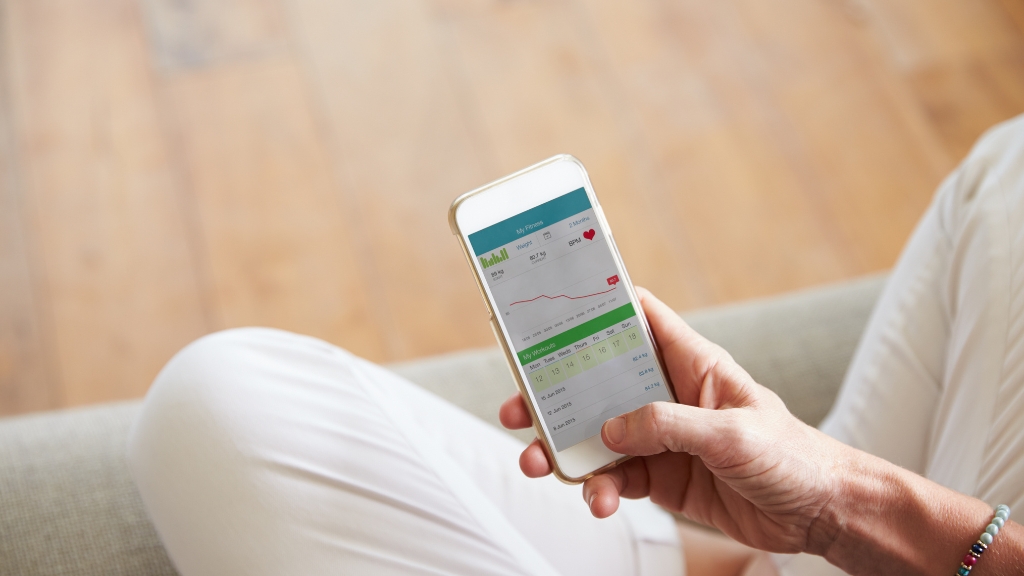
User-Friendly Health Navigating Healthcare Apps
In today’s digital age, managing your health has become more convenient thanks to a plethora of healthcare apps available at your fingertips. These applications are designed to help users monitor their health, manage medical conditions, and access information with unprecedented ease. However, with so many options out there, how can you ensure that you choose the right app for your needs? This article will guide you through the essentials of navigating healthcare apps and highlight features that contribute to user-friendliness.
Understanding Healthcare Apps
Healthcare apps encompass a wide range of functionalities. Some track fitness and nutrition, others offer symptom checkers, and some even connect you with healthcare professionals for virtual consultations. Here’s a closer look at the types of healthcare apps and their benefits:
- Fitness Trackers: These apps monitor physical activity, heart rate, and sleep patterns. They help users set fitness goals, track progress, and motivate themselves to stay active.
- Nutrition Trackers: Designed to log dietary intake, these apps provide insights into nutritional value, help users create meal plans, and track caloric intake.
- Medical Reference Apps: These offer information on symptoms, medications, and medical conditions, helping users make informed decisions about their health.
- Telemedicine Apps: Allow users to consult with healthcare professionals remotely, saving time and providing access to medical advice from the comfort of home.
- Chronic Disease Management Apps: Focused on specific conditions like diabetes or hypertension, these apps offer monitoring tools, medication reminders, and educational resources.
Key Features of User-Friendly Healthcare Apps
To ensure an app meets your needs effectively, consider the following features:
- Intuitive Interface: A clean, easy-to-navigate interface is crucial. Users should be able to access and input information without confusion or excessive effort.
- Personalization Options: The ability to customize settings and inputs according to individual health goals and preferences enhances the app’s usefulness.
- Data Security: Given the sensitivity of health information, robust security measures are essential. Look for apps that comply with privacy regulations and have clear data protection policies.
- Integration Capabilities: Apps that can sync with other health devices (like fitness trackers) or electronic health records provide a more comprehensive view of your health data.
- Support and Resources: Access to educational content, customer support, and user communities can enhance the overall experience and provide additional help when needed.
Tips for Choosing the Right Healthcare App
- Assess Your Needs: Determine what you want from the app—whether it’s tracking fitness, managing a specific condition, or accessing medical advice.
- Read Reviews and Ratings: User feedback can provide insights into the app’s functionality, reliability, and customer support.
- Check for Professional Endorsements: Apps recommended by healthcare professionals or organizations are often more reliable and trustworthy.
- Try Before You Buy: Many apps offer free versions or trial periods. Take advantage of these to test out features and usability.
Leave a Reply
- AI in Diagnostics: Revolutionizing Early Detection and Accuracy
- How AI and Advanced Analytics Are Transforming Healthcare Outcomes
- Investing with Confidence: The Role of ROI Calculators
- How ROI Calculators Drive Data-Driven Business Strategies
- The Ultimate Guide to ROI Calculators for Business Success
- Making Sense of ROI Calculators: A Comprehensive Guide
- June 2025 (1)
- May 2025 (1)
- October 2024 (2)
- September 2024 (31)
- August 2024 (31)
- July 2024 (27)
- June 2024 (28)
- May 2024 (30)
- April 2024 (33)
- March 2024 (23)
- February 2024 (29)
- January 2024 (3)
- December 2023 (47)
- November 2023 (36)
- October 2023 (23)
- September 2023 (2)
- June 2023 (2)
- May 2023 (13)
- April 2023 (1)




